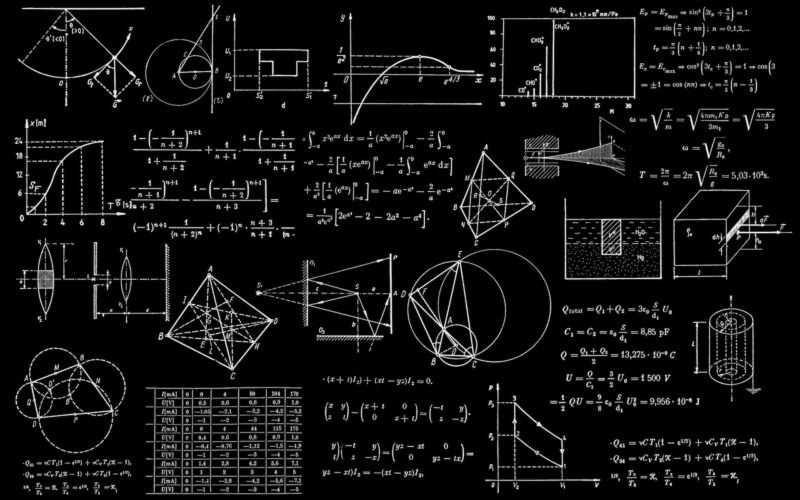Quantum computing is a promising technology that has the potential to revolutionize many industries, from finance to healthcare. Unlike classical computing, which relies on bits that can only be in two states (0 or 1), quantum computing uses qubits that can exist in multiple states simultaneously, allowing for much faster and more efficient computation.
One of the most significant applications of quantum computing is in cryptography. Currently, many of the security measures we rely on, such as encryption, are based on the difficulty of factoring large numbers. Quantum computers, however, can factor large numbers much more quickly than classical computers, rendering current encryption methods vulnerable. If quantum computing was available for everyone right now, none of our passwords would be safe. Or any Bitcoin in your hardware wallet. Nor banking accounts. On the other hand, quantum computing can also provide new and more secure ways to encrypt data, such as quantum key distribution, which uses the principles of quantum mechanics to transmit secure keys for encryption.
If quantum computing was available for everyone right now, none of our passwords would be safe. Or any Bitcoin in your hardware wallet.
In addition to cryptography, quantum computing can also have a significant impact on drug discovery and materials science. One of the most challenging problems in these fields is simulating the behavior of molecules, which requires enormous computational power. Quantum computers can simulate the behavior of molecules much more efficiently than classical computers, allowing for faster and more accurate drug discovery and materials design.
In addition to cryptography, quantum computing can also have a significant impact on drug discovery and materials science. One of the most challenging problems in these fields is simulating the behavior of molecules, which requires enormous computational power.
Furthermore, quantum computing can also transform the field of artificial intelligence (AI). Many AI algorithms, such as machine learning, involve solving complex optimization problems, which can be computationally expensive. Quantum computers can solve these problems much faster than classical computers, leading to more powerful and efficient AI systems.
Despite the immense potential of quantum computing, there are still significant challenges to overcome. One of the biggest challenges is building a large-scale, fault-tolerant quantum computer. Quantum systems are incredibly fragile and prone to errors, which can quickly snowball and lead to incorrect results. However, researchers are making steady progress in building more robust and error-correcting quantum systems.
In conclusion, quantum computing has the potential to revolutionize many industries, from cryptography to drug discovery and AI. While there are still significant challenges to overcome, the rapid progress in quantum computing research gives us hope that we will see practical applications of this technology in the near future. As we continue to explore the possibilities of quantum computing, we can look forward to a future with faster, more efficient, and more secure computing systems.

